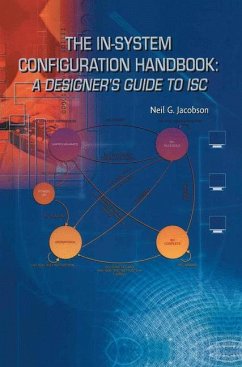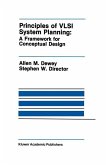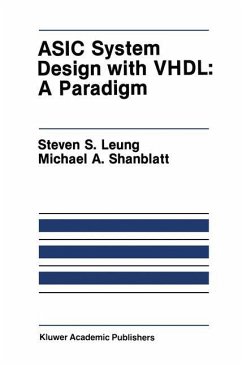Programmable logic radically changed the electronic system design landscape. It reduced board space needed for random logic, state machines and system interfaces. It allowed faster design cycles, made easy late term bug fixes and gave designers greater freedom to experiment and prototype. In-system programming of these devices has had a similar revolutionary effect. The ability to change the programmed content of programmable logic while it is on the board is equivalent to being able to redesign all the hardware -without changing a single component. This allows the possibility of providing field upgrades of your product to fix problems or to introduce new functionality. It allows designing in reconfiguration as an essential function of your system with different capabilities swapped in as needed during run-time. Further it allows storage of different product profiles for retrieval as necessary to allow just-in-time configuration of systems to meet market needs. Recent developments in programmable logic have helped in making realizing reconfigurable systems more streamlined. The most significant development, though, was the introduction, approval and popularization of IEEE STD 1532, the IEEE Standard for In-System Configuration of Programmable Devices. The purpose of this text is to bring together, in a single volume, the information needed by systems designers to develop applications that include configurability. This covers the entire range of systems from the The In-System Configuration Handbook simplest implementations that merely include configurable logic to realize system functions to the most complicated that include reconfigurability as part of the application itself.
Bitte wählen Sie Ihr Anliegen aus.
Rechnungen
Retourenschein anfordern
Bestellstatus
Storno








